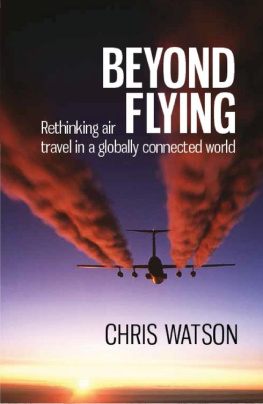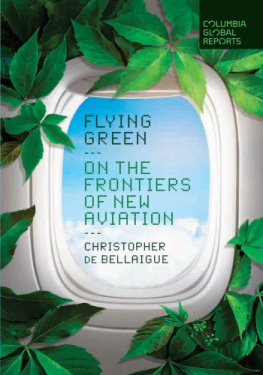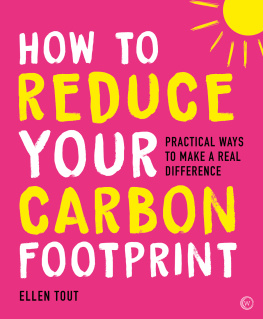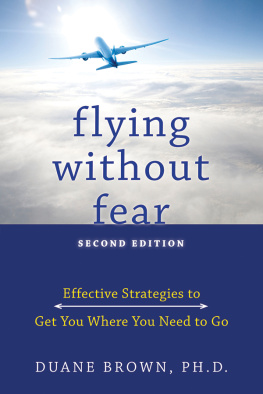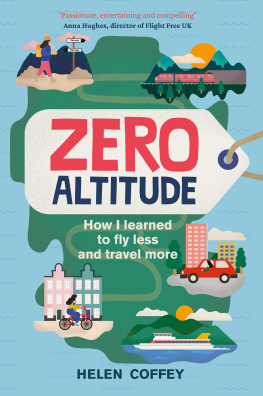Is flying a problem?
Flying has literally changed how we see the world. We can now visit places our grandparents only dreamed of. The social and cultural impacts of this have been, by and large, positive. Greater interaction has led to greater understanding and tolerance. Migration has led to more diverse communities. Far-flung communities have benefited from sharing new knowledge and greater connectedness with the rest of the globe.
But this freedom to fly has come at a cost for the environment. Aviation is a significant source of climate-changing gases and is rapidly growing in both developed and developing countries. And unlike most of our other activities from heating our homes to travelling by car planes cant as yet switch to nonfossil fuels.
Even in countries such as the UK, where there is significant opposition to the expansion of aviation, the industry continues to grow. The UK Department for Transport projects a doubling of passengers from 219 million in 2011 to 445 million by 2050.
This increase in flying is aided by financial subsidies, such as airlines not paying fuel tax or VAT on many parts of their operations. In the UK, this amounts to an effective subsidy from taxpayers of over 9 billion every year thats more than 100 per person in the country.
But, if we are really serious about avoiding dangerous climate change, we have to recognize that fossil-fuel-powered aviation has to reduce its carbon emissions significantly. In practice, at least in the short to medium term, this means less flying, not more.
Whats the solution?
Humans are a smart species. Although we do some stupid things, its in our nature to look for solutions.
Friends of the Earths starting point for solutions is research. We commissioned the UKs leading climate change research body, the Tyndall Centre, to report on the implications of aviation growth for policies designed to tackle climate change.
It concluded that the current rate of aviation growth would make it virtually impossible for the UK to meet its carbon dioxide (CO2) reduction targets. The research said that we need a radical shift in UK and EU policy to bring emissions under control. Tyndalls findings form the basis for Friends of the Earths position that keeping a lid on aviation has to be part of the solution in addressing climate change.
The government and the aviation industry clearly must act. But, as consumers, we can also play a powerful role in reducing demand for flights.
Beyond Flying captures a new mindset and brings together numerous options for the open-minded traveller. It demonstrates that even the toughest of environmental challenges can be addressed.
There will be cases where flying is essential. For example, getting medicine to some remote communities might only be practical by air for some time to come. Perhaps one day well be able to power aeroplanes with fuels that are less polluting and that also dont conflict with food production or biodiversity protection.
But were not there yet. And in the meantime we need practical solutions that help us travel or connect with each other without compromising the world our children will inherit. The trail-blazers in Beyond Flying inspire us to do exactly that.
Mike Childs, Head of Policy, Research and Science Friends of the Earth
by Peter McManners

Photo Peter McManners
The debate about the future of aviation in the face of climate change is highly polarised. On one side, aviation is the bte noire of the environmental movement; on the other, politicians and policymakers hold to the view that aviation is vital to the global economy. In the middle, the majority of people use cheap flights believing that there are few alternative realistic choices. There is a stalemate which must be broken. That can happen if two things occur. First, if people stop seeing the current unsustainable system of mass air travel as somehow inevitable, and understand that it actually rests on a few key policies that can be readily changed, and probably will be within the next decade. Second, if they are given practical alternatives.
Others, including myself, have written about the artificial incentives that prop up the current system, including the international rules which tax jet fuel less than the fuel in your car, as well as the lack of accounting for pollution from planes, such as soot and CO2, that crosses international borders.
Beyond Flying is concerned with practical alternatives, which includes exploring attitudes to travel.
For people persuaded that climate change is an emergency, and that everyone should make changes in their travel plans to reduce their carbon footprint, this book demonstrates how. The result shows that flying less is not necessarily a hardship but can make both practical and personal sense. In particular, those authors who have drastically reduced their flying miles for work present a sound business case for many of their choices, and do not put them forward as heroic efforts to forgo the convenience of air travel.
The audience for Beyond Flying is the privileged few of the worlds population who are rich enough to have the choice to fly. This small group has a choice whether to revel in their exclusive club and fly without worrying about the consequences, or to take action to force change on aviation. This book argues that each person should make a personal decision to fly less. Presented as a decision to fly or not to fly, this is a hard sell. But the chapters show that there are realistic alternatives.
Sustainable travel will be different, so the natural reaction of people is to resist; this is odd because a sustainable transport system will be better in almost every way. Before such a system can be built, this book provides pointers towards immediate action that every person can take. Such refusal to support the current model of aviation, if replicated widely, could help to drive change. If politicians found the courage to change policy, there could be a golden age of sustainable low-carbon aviation (). There will be a small segment of people in senior positions who are time-poor and will continue to fly fast in aircraft, but they will pay a huge premium for the privilege. There will also be the rich, travelling in Premium Green on board hybrid air vehicles (half aeroplane, half airship). Those of us on a tight budget will travel on Value Green, flying rather more slowly or using other means such as modern sailing ships or trains.

